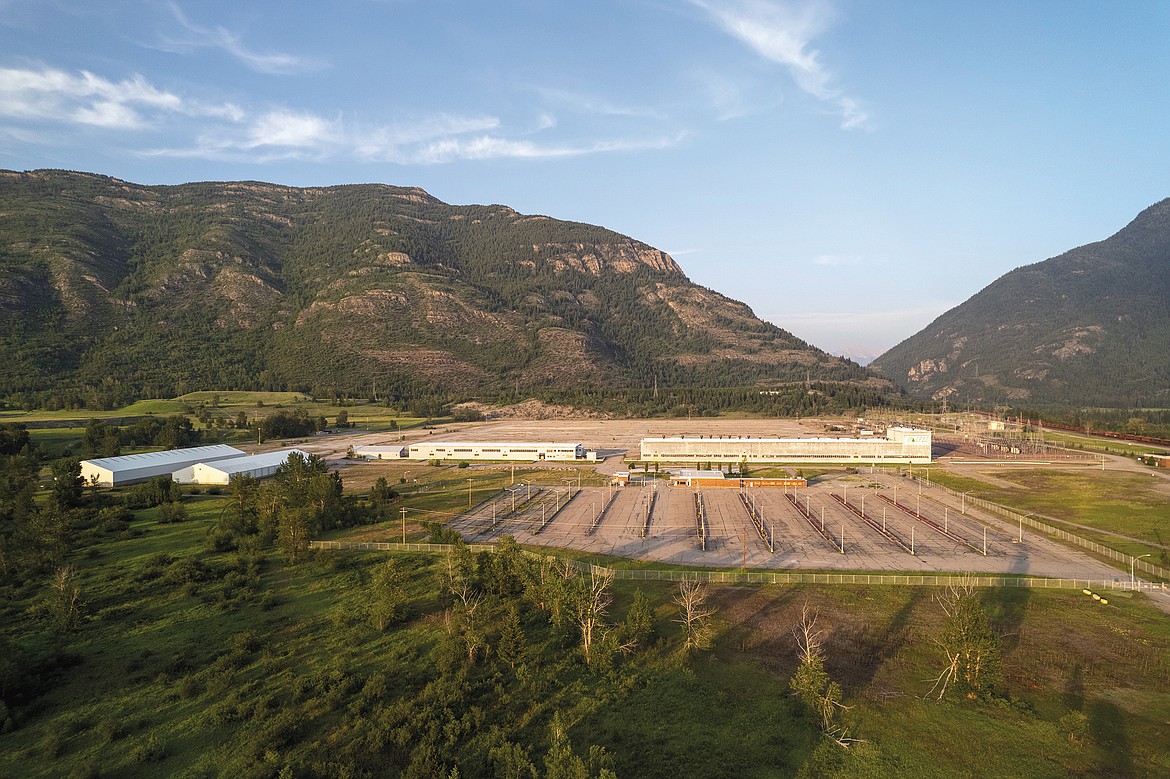Coalition unhappy with county, city calls to release CFAC plan
By CHRIS PETERSON
Hungry Horse News
The Coalition for a Clean CFAC expressed disappointment in a recent Flathead County Commissioner letter urging the Environmental Protection Agency to move forward with a Record of Decision on a cleanup plan for the defunct aluminum plant.
On July 16, Mayre Flowers, who heads up the Coalition, asked county commissioners to delay asking the EPA to release a record of decision.
But Columbia Falls Mayor Don Barnhart supported the letter, testifying immediately after Flowers. He noted that he’d been involved with the Columbia Falls Aluminum Co. Superfund process since 2015 and all the meetings were open to the public for years, and the technical data on the site has been available for years as well.
“If you don’t pay attention, things go by you,” Barnhart told the commissioners.
For years the CFAC meetings were attended by a handful of people and despite numerous newspaper stories, public comment was often light to non-existent. A larger concern has only risen recently.
Barnhart said he polled the city council at its July 15 meeting, and six of the seven councilors had agreed the Record of Decision should move forward.
Flowers saw the matter differently.
“Obviously it was a coordinated effort between the county, city and CFAC,” she charged after being contacted last week.
There was speculation that the city council had crafted its own letter at its July 15 meeting, asking the EPA to release the decision.
But it doesn’t exist, at least not yet.
“That letter doesn’t exist yet. The council didn’t take any official action on that item, and there was no true voice vote. It was essentially a discussion where six out of seven council members agreed via discussion that they preferred to see the (Record of Decision) soon and wanted to move forward ... this was only a discussion, and no official action was taken,” Interim City Manager Clint Peters confirmed in an email to the Hungry Horse News.
The Hungry Horse News usually records the city council meetings, but had to leave as the high school had a roof fire at the same time as the meeting. A video of the meeting posted by the city had illegible audio of council discussing the matter.
Flowers maintained that the city should have a public hearing if it does submit a letter, considering the Coalition has a petition of about 2,000 signatures asking for a more thorough cleanup at the defunct plant.
The Coalition has asked the EPA to pause a decision on the cleanup, as it talks to experts on the plan. The Columbia Falls Aluminum Co. plant north of the city has areas near old dumps where the groundwater is contaminated with high levels of cyanide and fluoride and is a Superfund site.
The Coalition earlier this spring urged county and city leaders to hold off on endorsing a cleanup plan until more information could be gathered, but events in the past couple of weeks have local governments asking the EPA to move forward.
In February, the county urged the EPA to pause a decision.
But on July 16, they urged the EPA to move forward.
“I believe doing nothing is more risk to the environment than moving ahead,” commissioner Brad Abell said.
The proposed action calls for a cleanup plan that will surrounding the old wet scrubber sludge pond and the west landfill with a slurry wall of bentonite and soil around the dumps. The idea is it will stop the contaminated groundwater from spreading from the site.
To date, no residential wells nearby have been contaminated and the dumps have been leaking poisons since at least the early 1990s, when cyanide started showing up in groundwater tests.
Many people are skeptical that the slurry wall will work. They want the waste removed entirely and shipped to an approved landfill in Oregon. But there are economics and politics in play. The slurry wall, with other soil cleanup, is estimated to cost about $57 million. To haul the waste away could cost $624 million to $1.4 billion.
In addition, Montana Sen. Jon Tester earlier this year wrote a letter to the EPA that was critical of “waste in place” cleanup plans across Montana, including CFAC.

